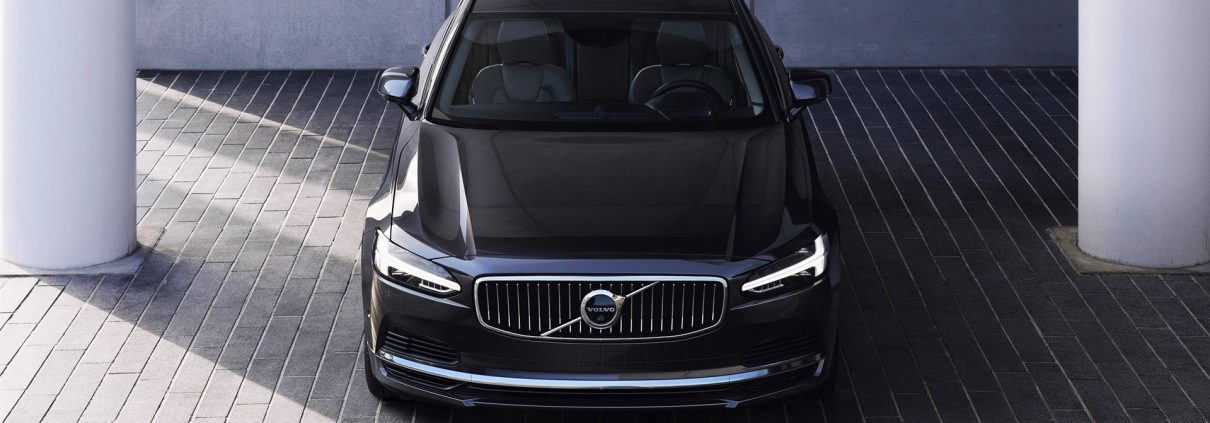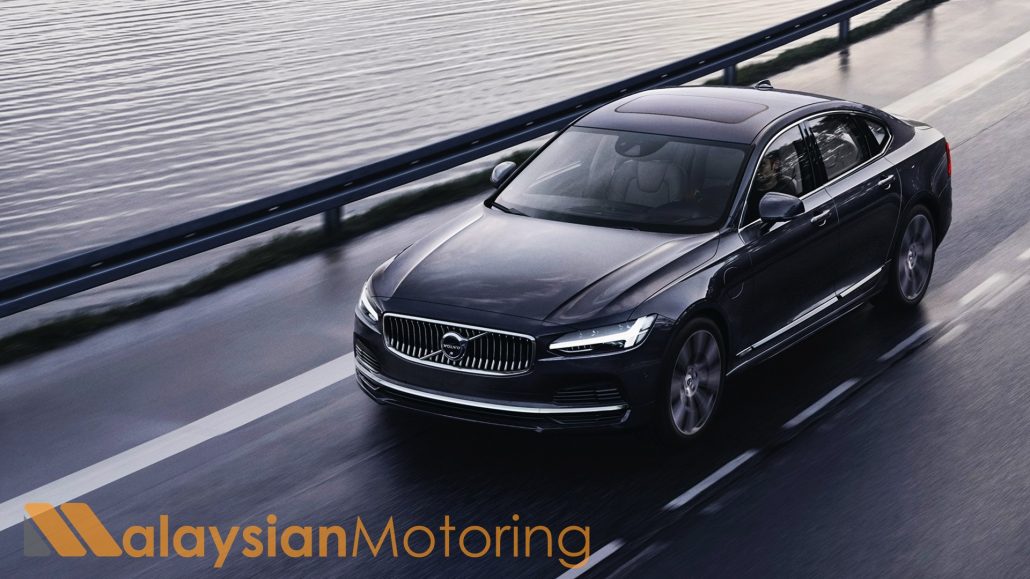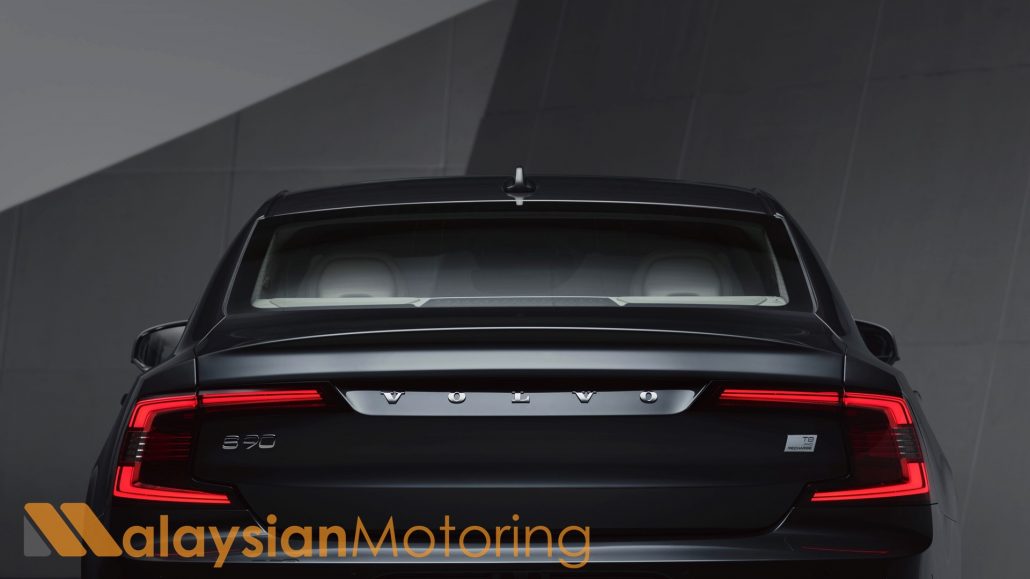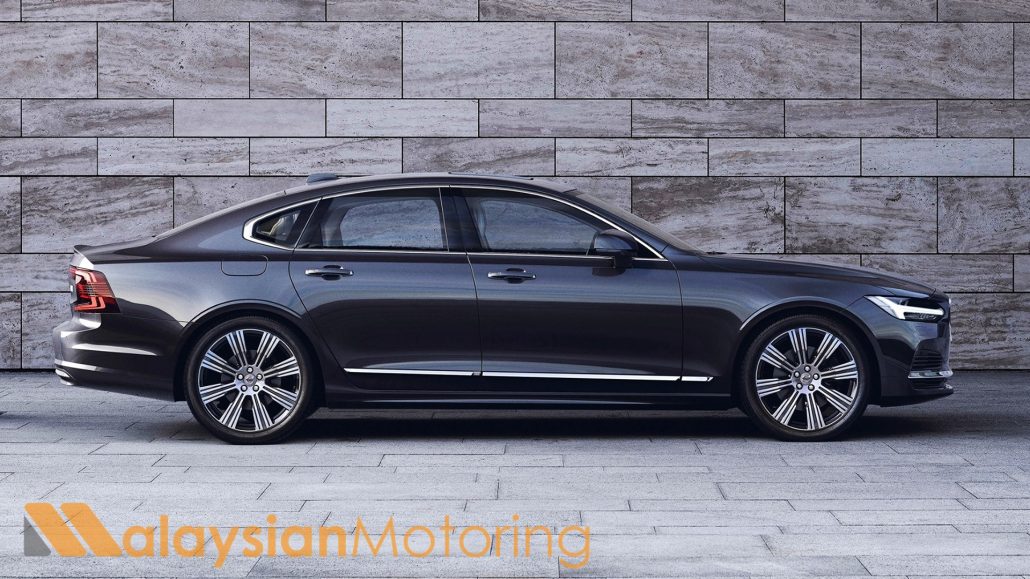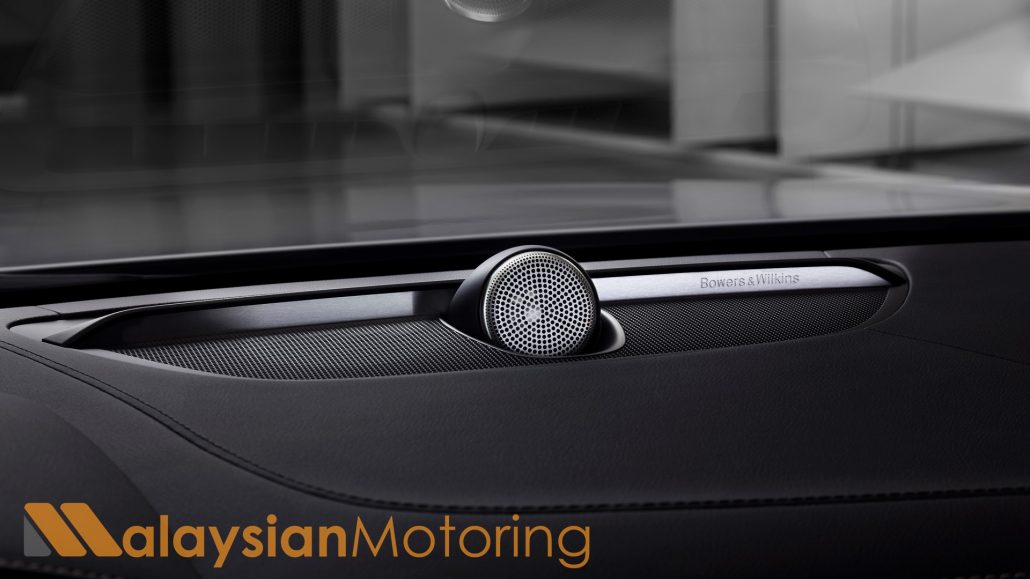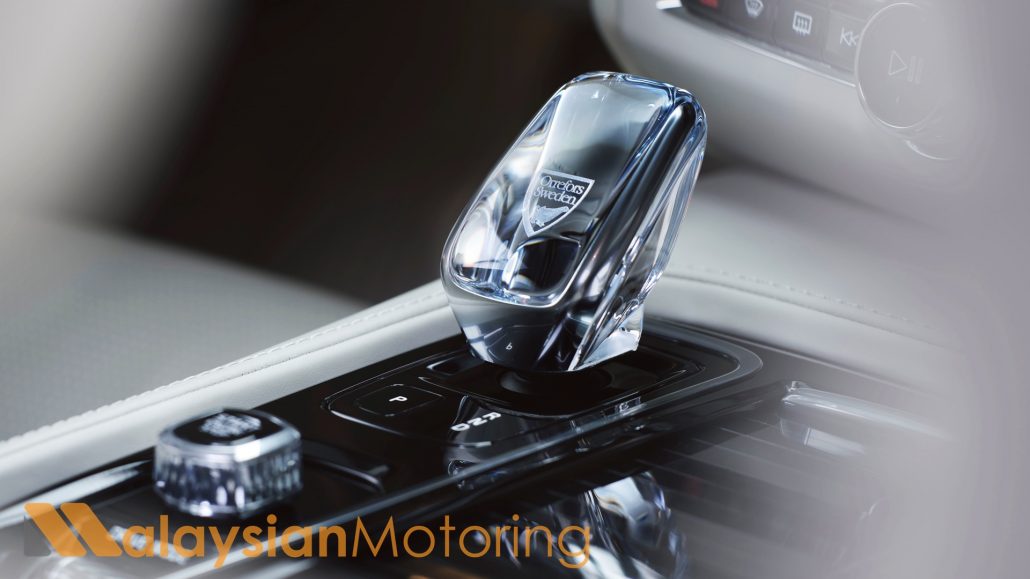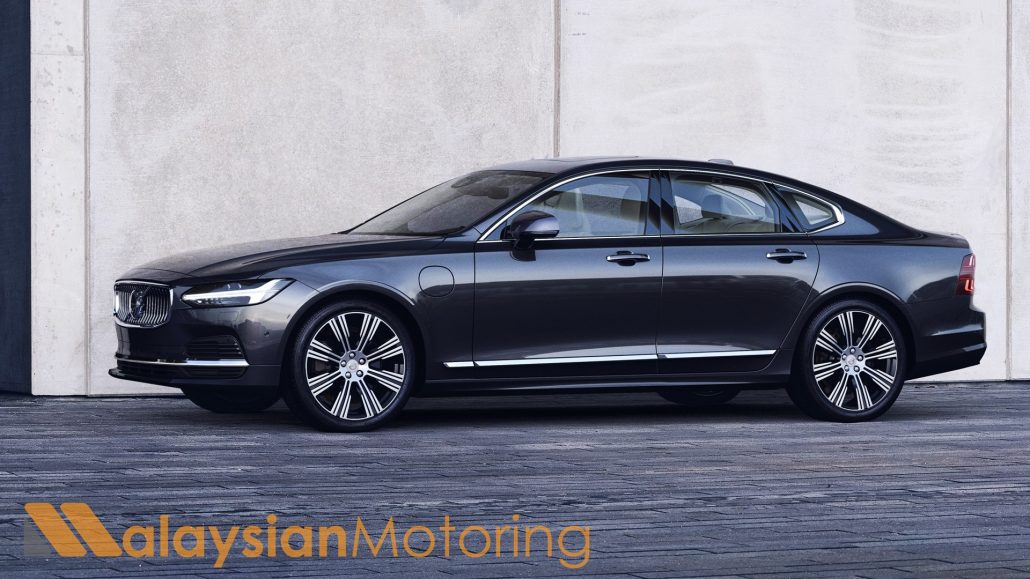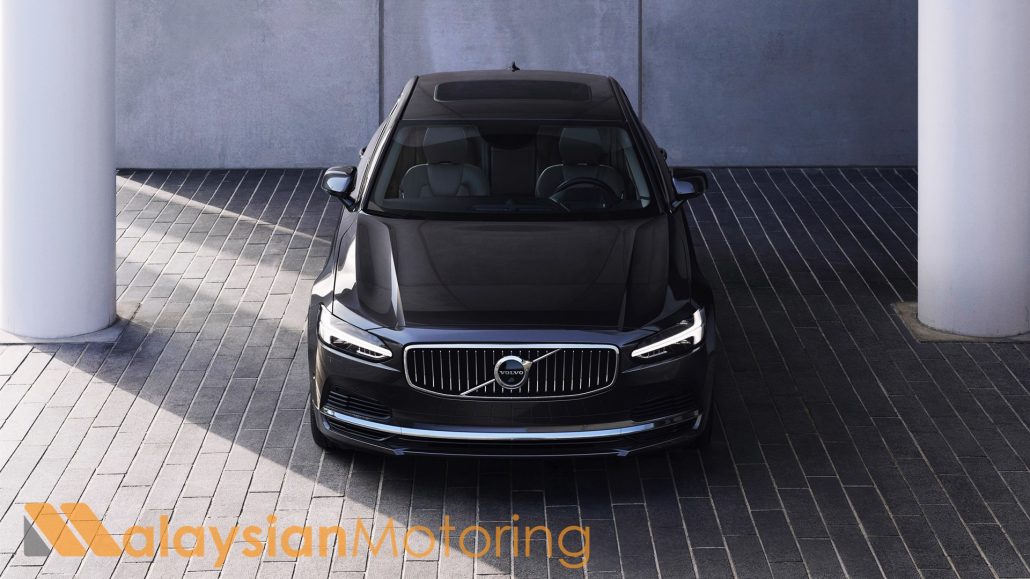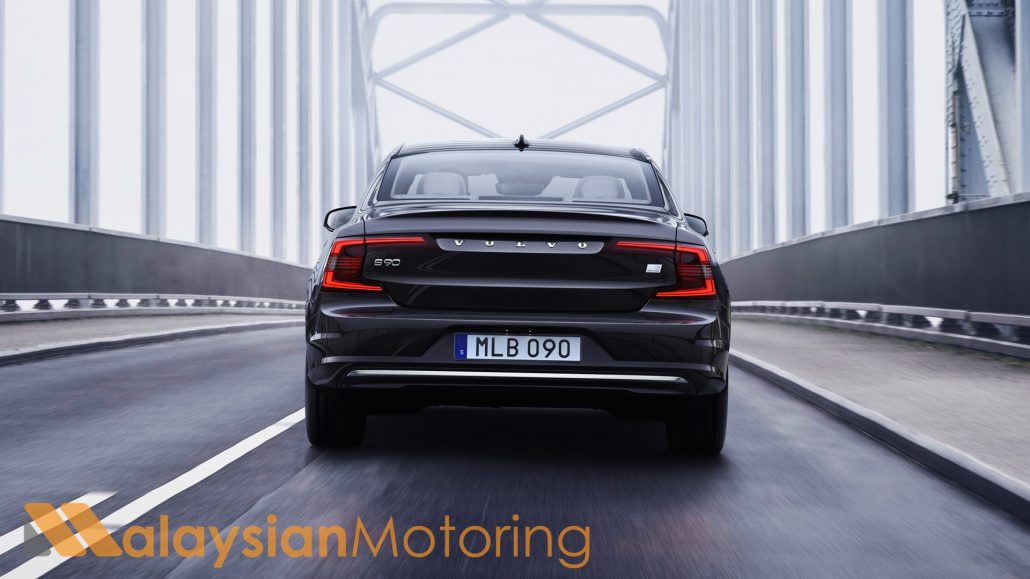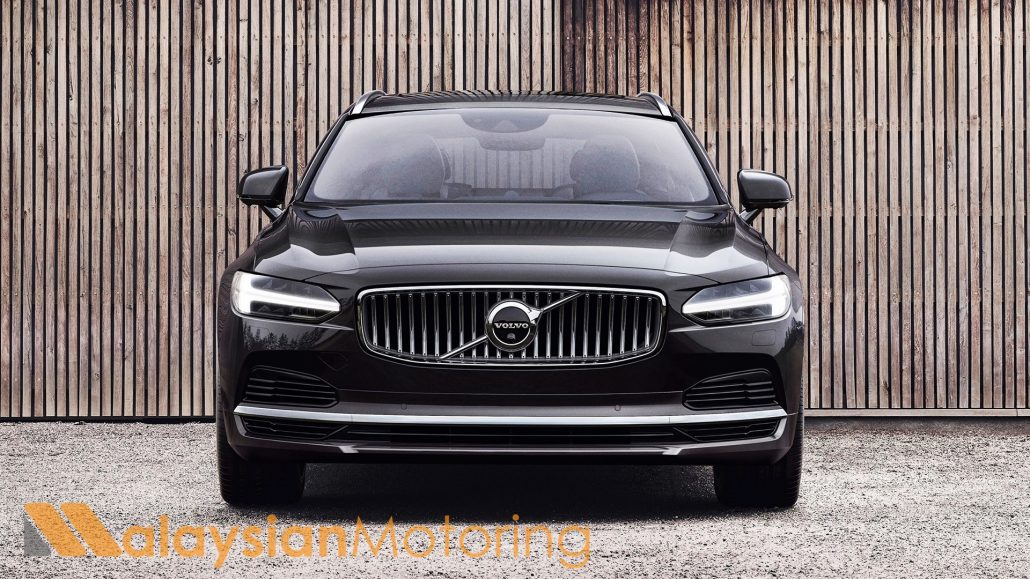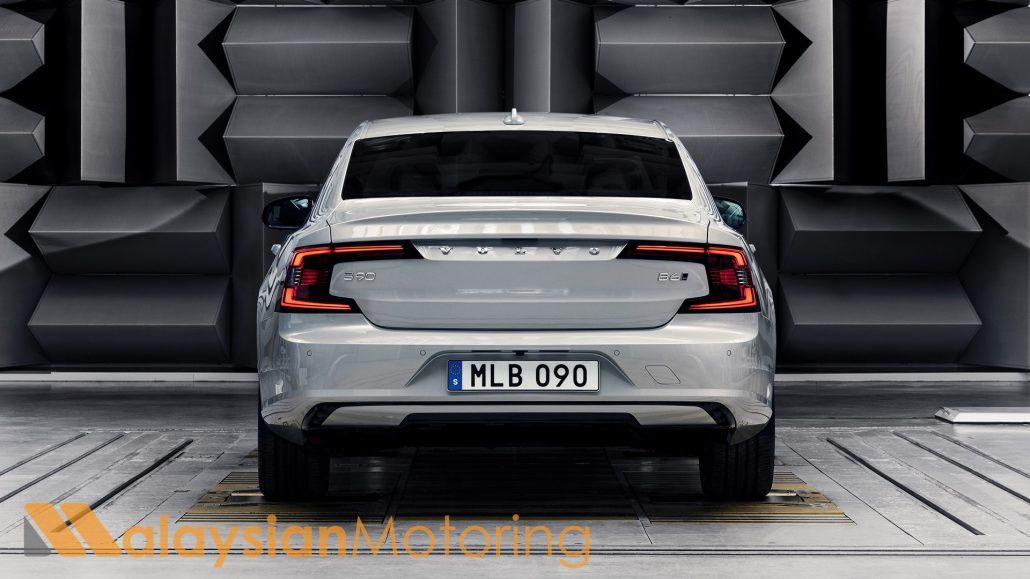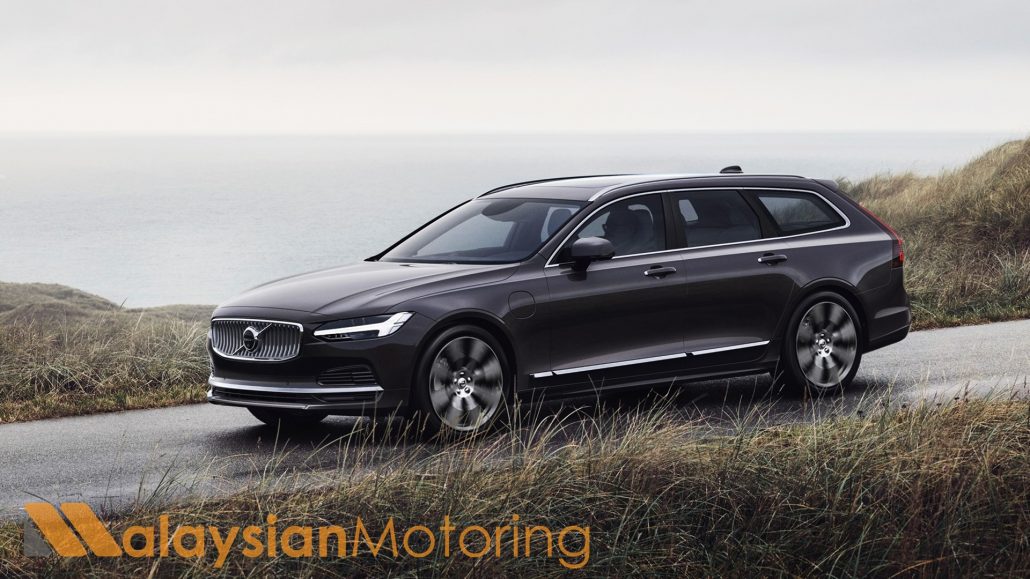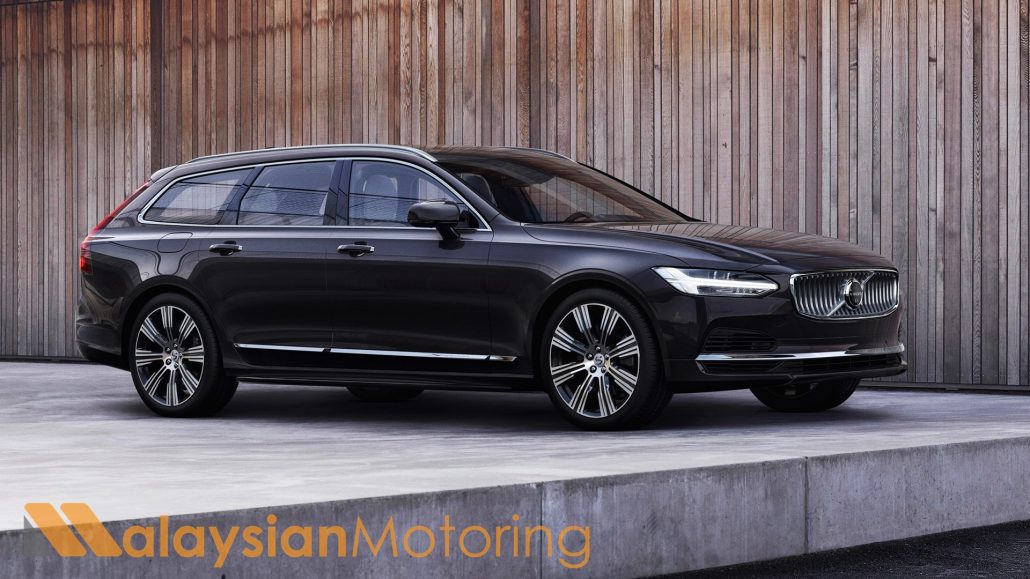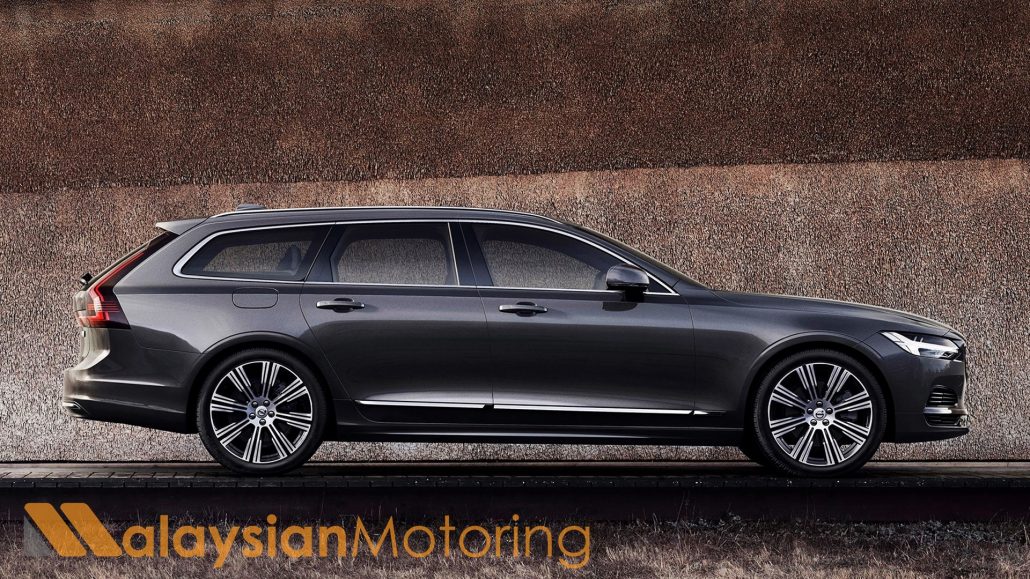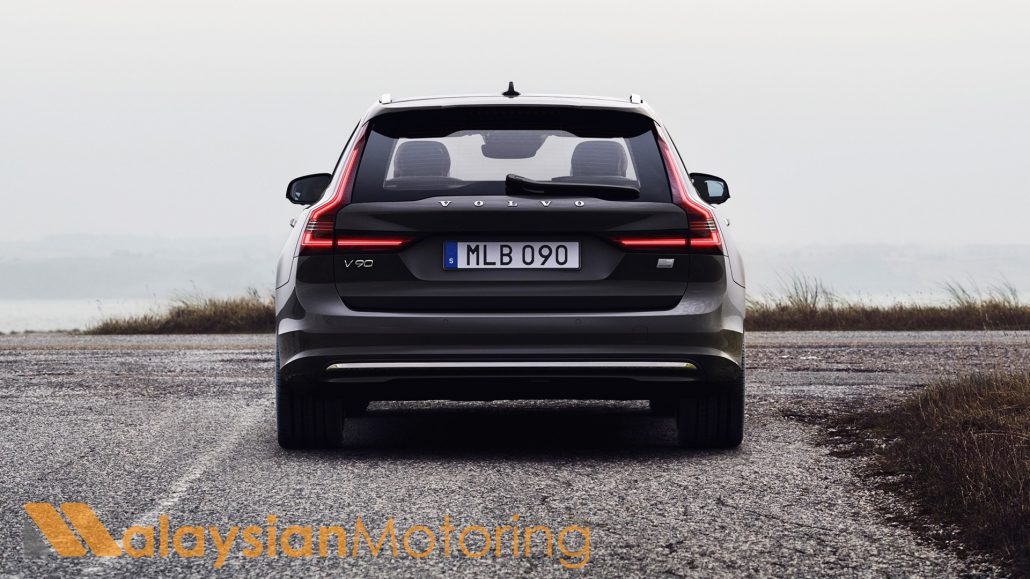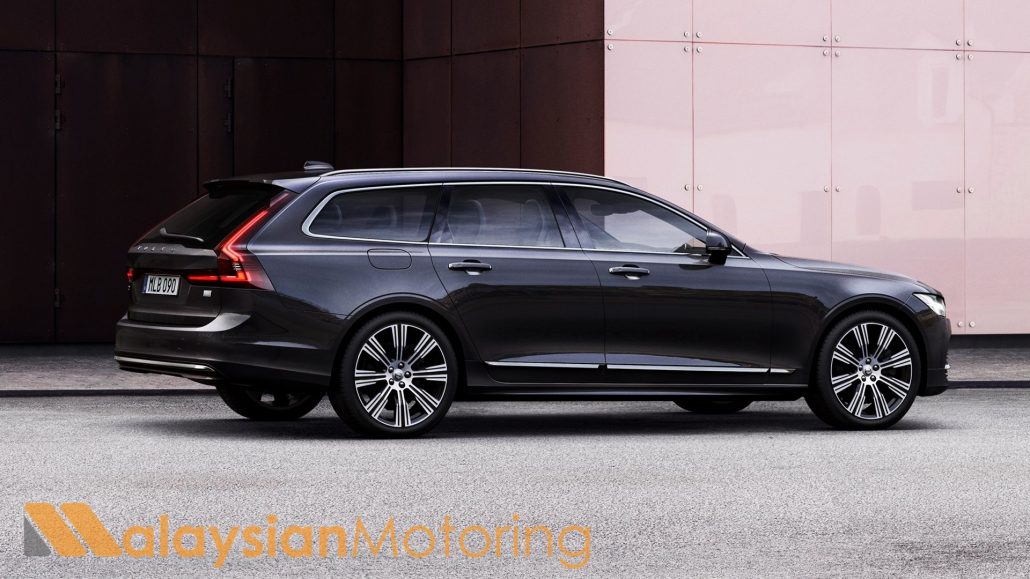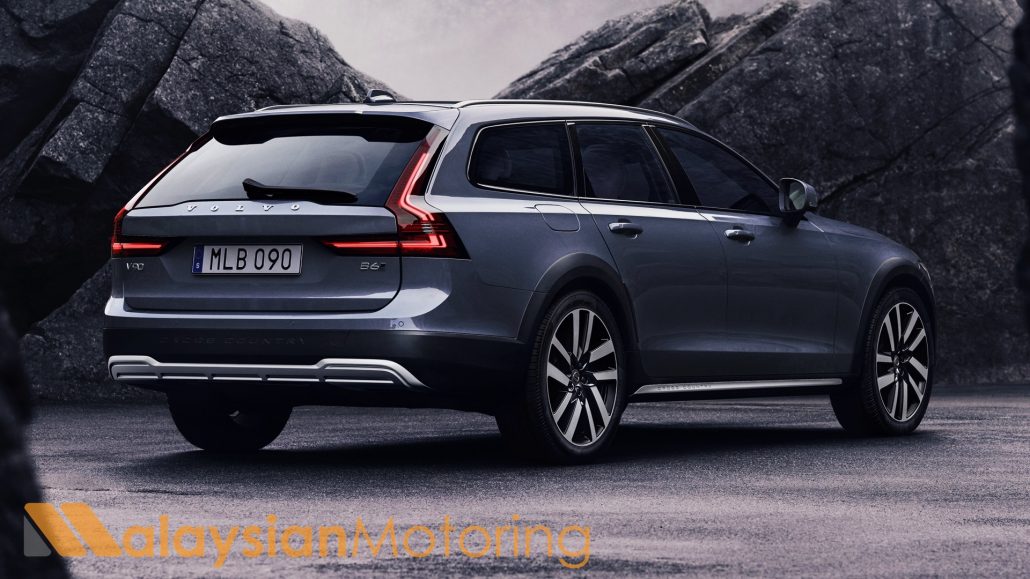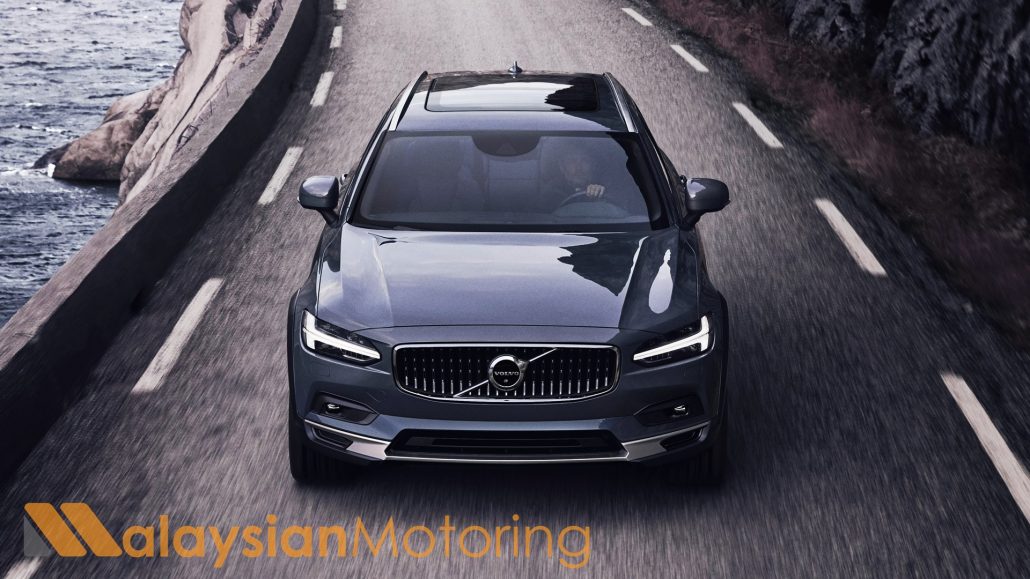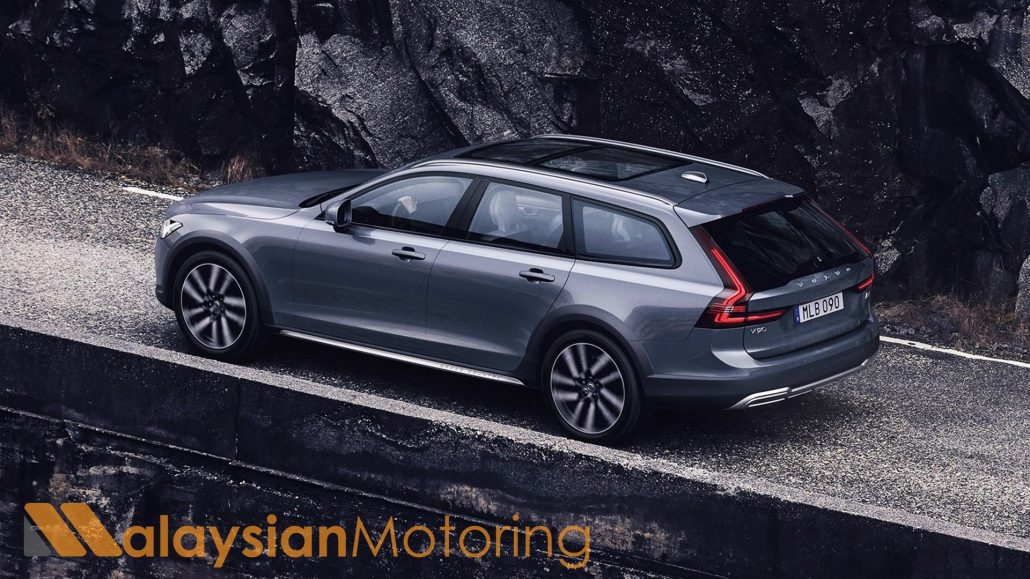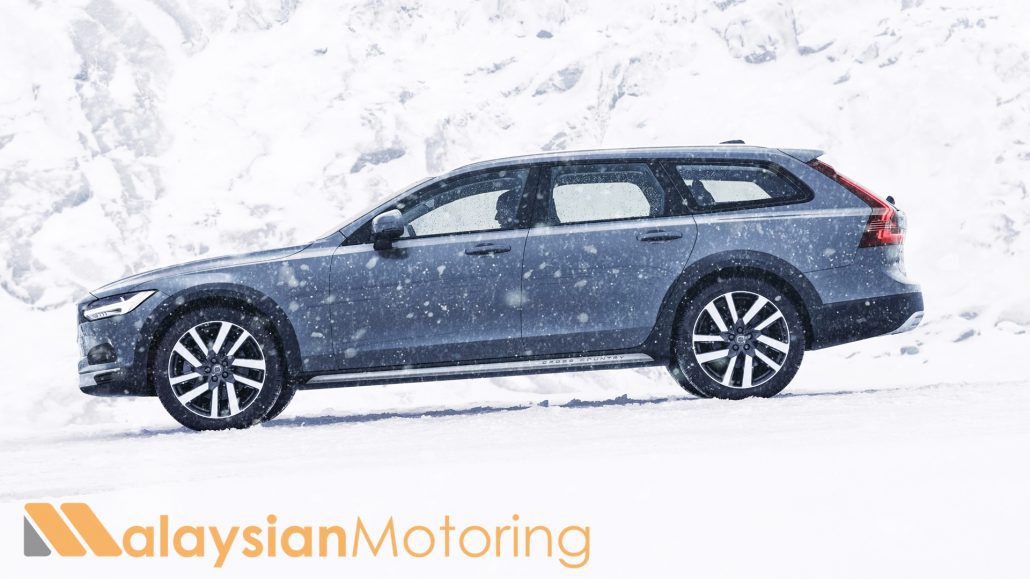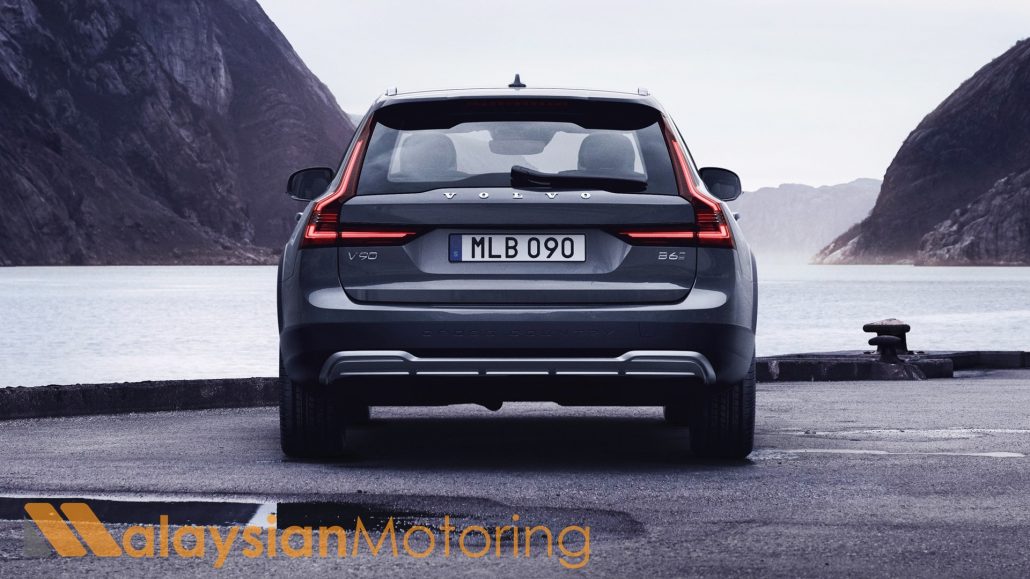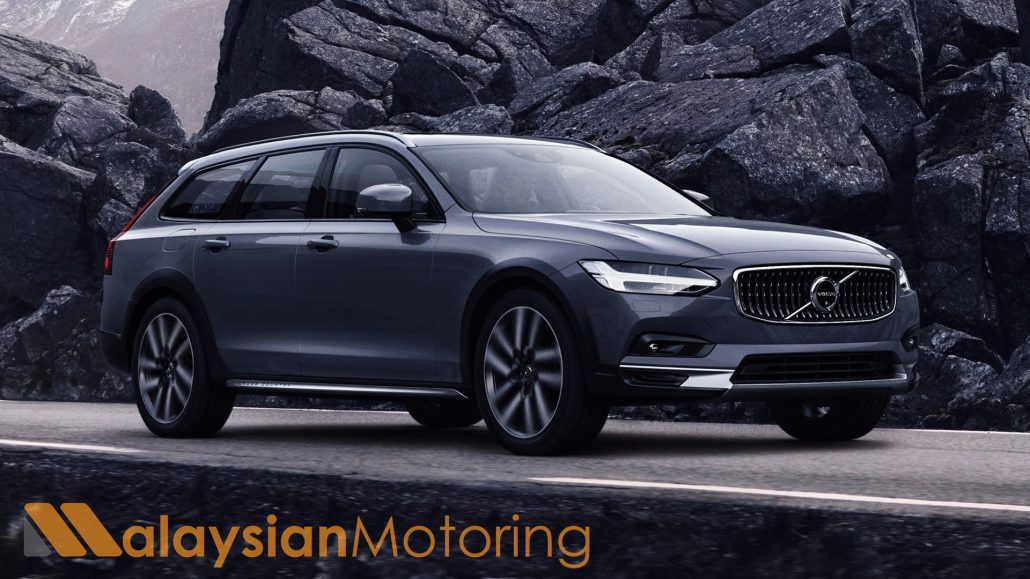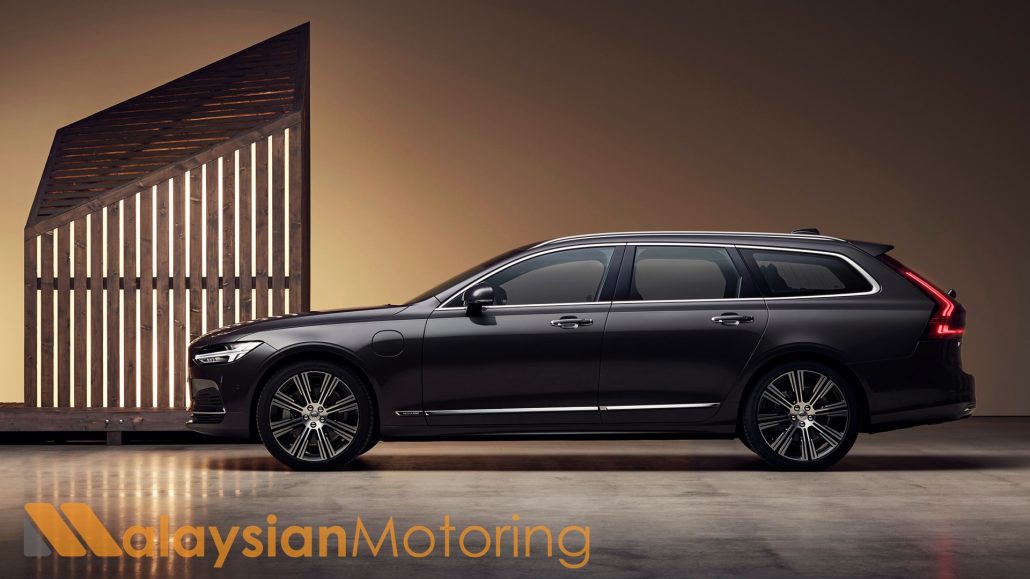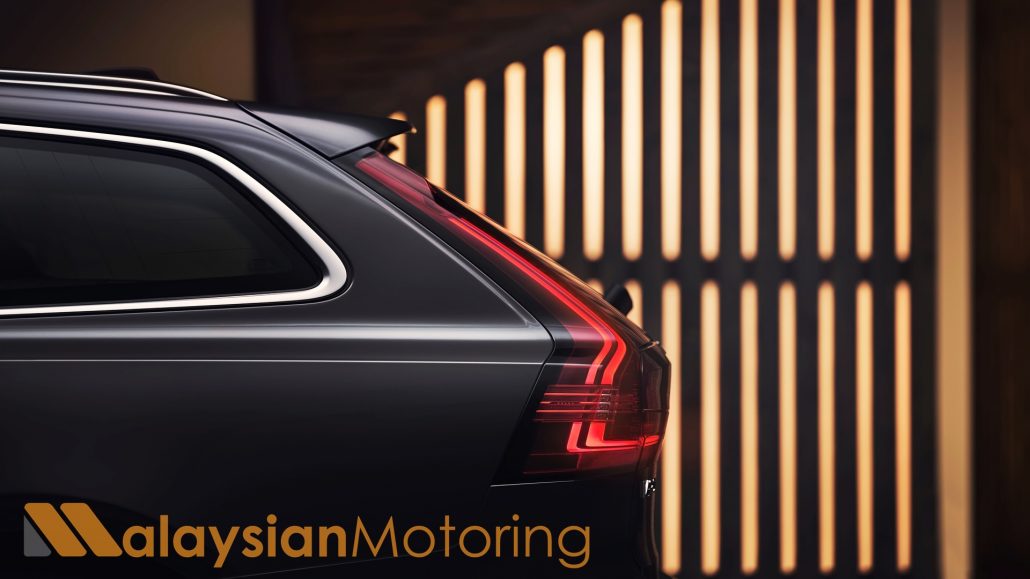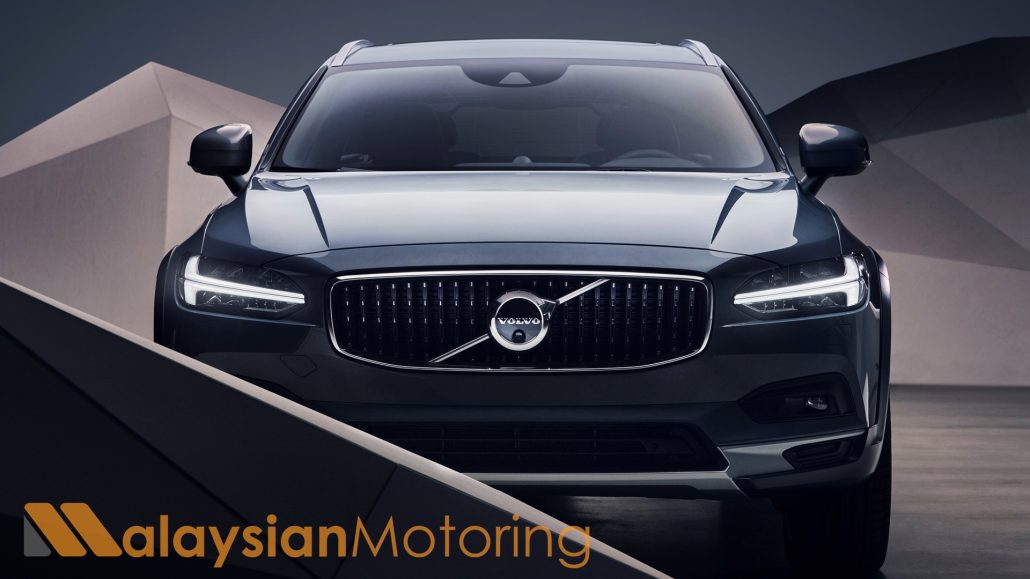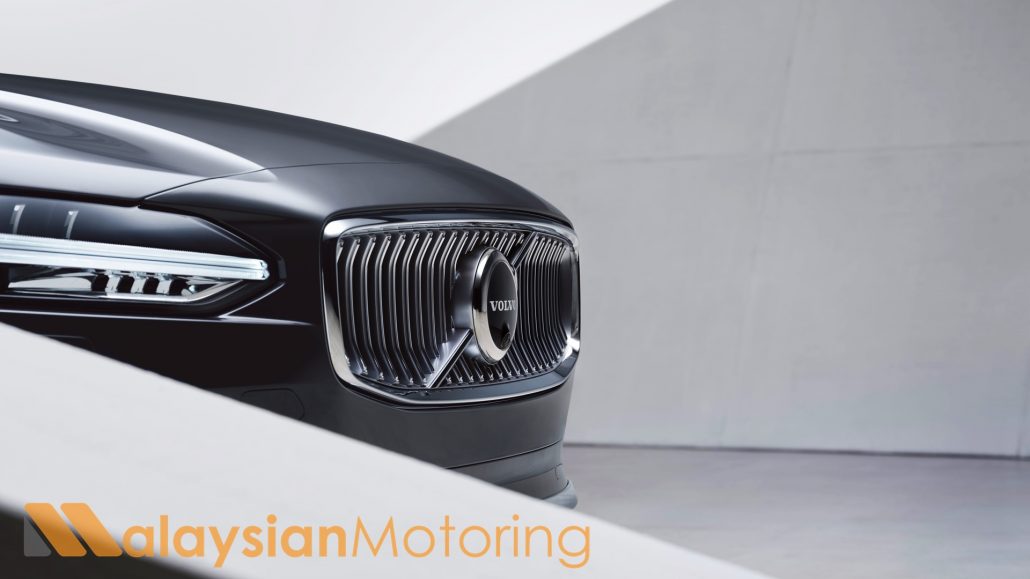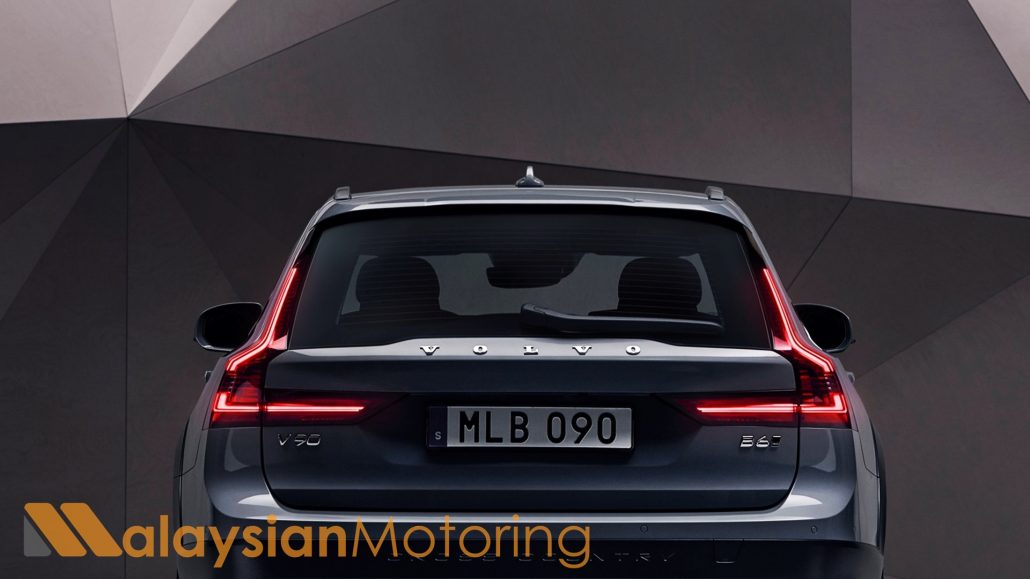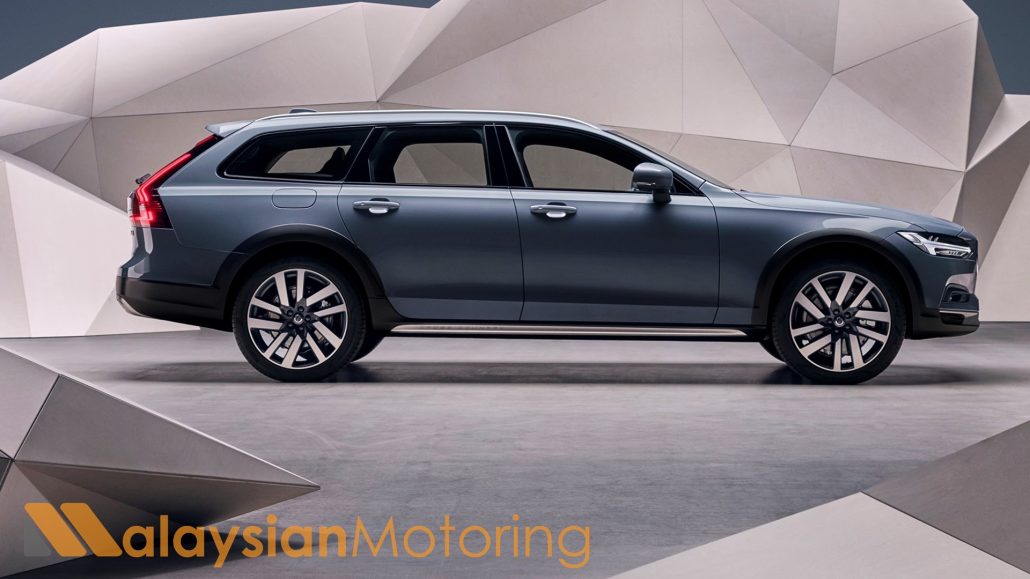2020 Volvo S90, V90 Debut – Mild Hybrids, Updated Aesthetics, Upgraded B&W Audio System
With little fanfare, resurgent Swedish marquee Volvo has announced the arrival of the updated S90 & V90 flagship saloon & estate, as part of their ‘Recharge’ phase of growth now that they’ve effectively overhauled the entire lineup. As with any mid-life facelifts, the tweaks are less dramatic than all new models but still significant, and in this case, it’s what’s under the skin that counts.
The new S90 & V90 models now feature updated powertrains, offering mild-hybrid propulsion across the board. As such, Volvo claims efficiency improvements of up to 15%, as well as improvements towards overall smoothness in operation. This has been a particular bugbear of the current powertrain options, with markets used to larger displacement engines feeling that the 2,000cc-limited Drive-E mills aren’t quite as smooth as comparable V6 or V8 mills (but us Malaysians are already so very over that).
On the visual side, there are new bumpers on either end, with design elements that aim to emphasise the width of the cars on the road. Further, they lend an air of stability and assuredness on the road, though fans of the originals will find the new designs rather fussy. Notably, the rear bumpers on the S90 & V90 both omit any visible exhaust exits – a sign of fully-electrified options to come?
There are also new taillights on both the S90 & V90, both of which now feature illumination sequences when locking & unlocking, as well as scrolling indicators, though those are only at the rear.
Inside, there are now wider upholstery options to choose from, with all variants of both the saloon & estate offered a non-leather option that makes use of high-quality wool and textiles. This strategy was first seen with the XC90 ‘Recharge,’ which debuted last year (both internationally and in our market), and appears to now be moving across the lineup.
The amazing Bowers & Wilkins audio system continues to feature here, though calling it a carry over would do it a disservice: B&W has engineered an all-new system for the new S90 & V90, offering improved dynamic bass, as well as a new setting that mimics the acoustics of your favourite jazz club. The B&W audio systems available in the 60 & 90 Series Volvos were already among the very best available in the automotive industry, so we’re keen to experience just how much better this ‘all-new’ system really is.
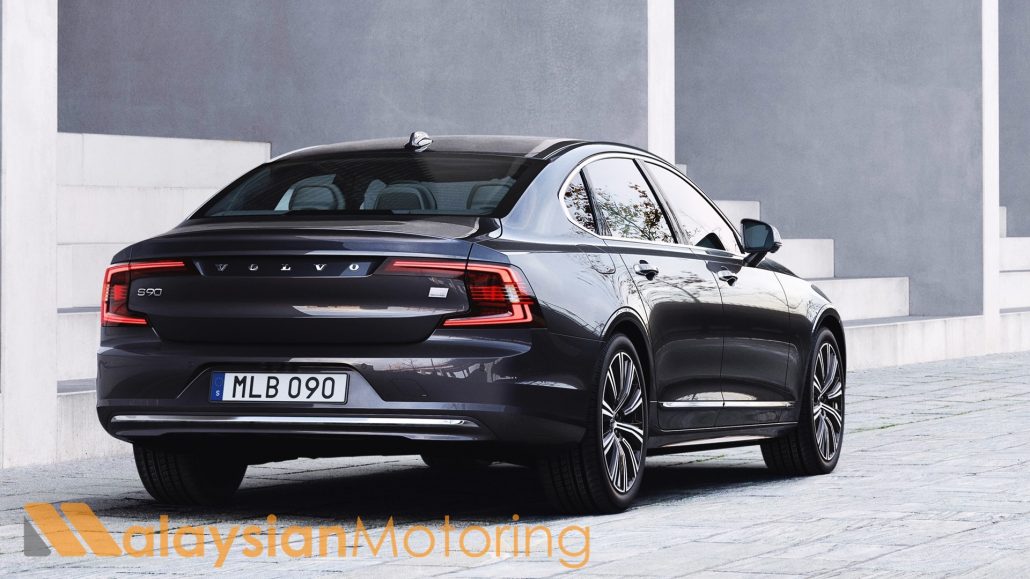
Going back to the nearly-imperceptible changes, the new S90 & V90 now offer an Advanced Air Cleaner with PM2.5 particulate sensors, a change that was first driven in China and is now being rolled out across the world. Thanks to this new air filtration standard, Volvo can now confidently claim that their interiors are among the freshest and cleanest environments to be in air-wise, building upon the ‘CleanZone’ technology that we’ve already gotten used to in their existing range of vehicles.
For better or for worse, Volvo has also taken the opportunity to announce that with the new S90 & V90, the company will now also exclusively offer USB-C charging ports in the rear, replacing the traditional 12V sockets, in all their 90 & 60 Series models. As someone without a USB-C to USB-C cable, this is a massive annoyance, though this writer understands that they are becoming more and more prevalent as time progresses.
Volvo is very proud that with the ‘Recharged’ S90 and V90, they are forwarding their intent to offer the broadest and most comprehensive range of electrified premium vehicles in the industry, with ‘an electrified Volvo model for everyone.’
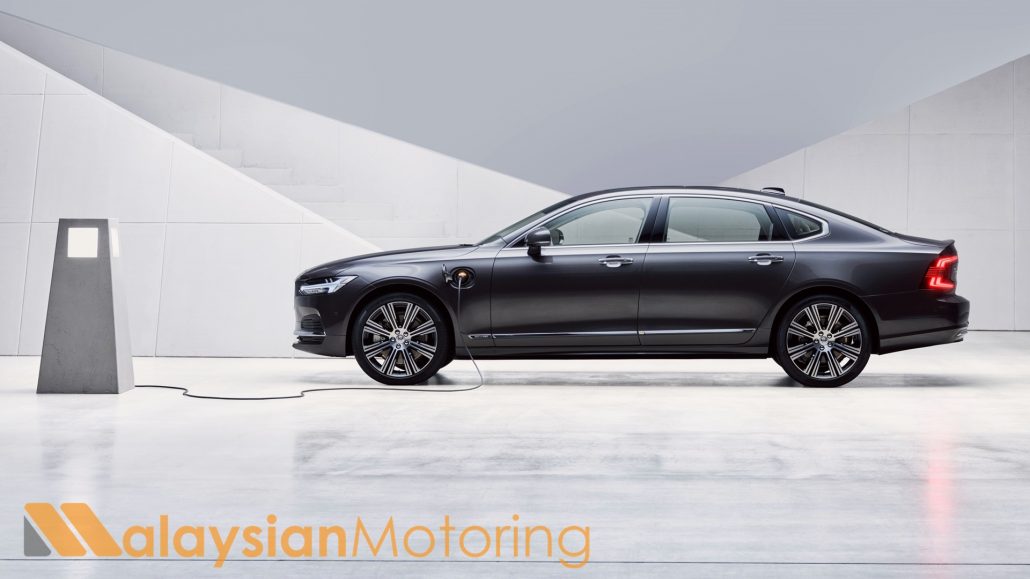
It is unclear when the new S90 & V90 will make their way to Malaysia (if at all for the latter, though we can hope), but based on the remarks made by the Director of PR & Marketing at Volvo Car Malaysia, Mr. Akhtar Sulaiman, during the company’s 2019 ‘performance review,’ we can expect it to arrive on our shores within this year.
So what do you think of the ‘Recharged’ Volvo S90 & V90? Do you think that the design has improved with time, or are you of the mind that they shouldn’t have tried to fix what was clearly not broken? Let us know in the comments below.


